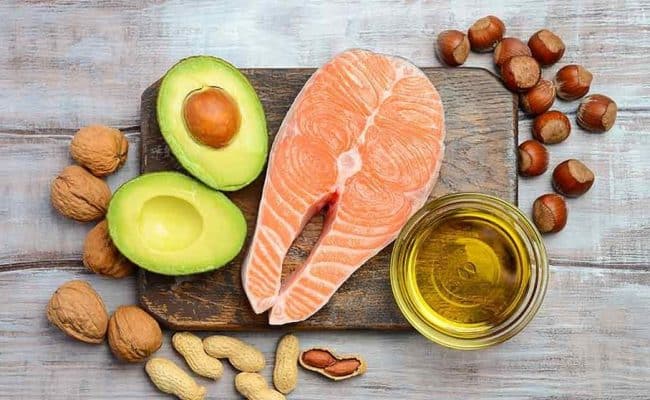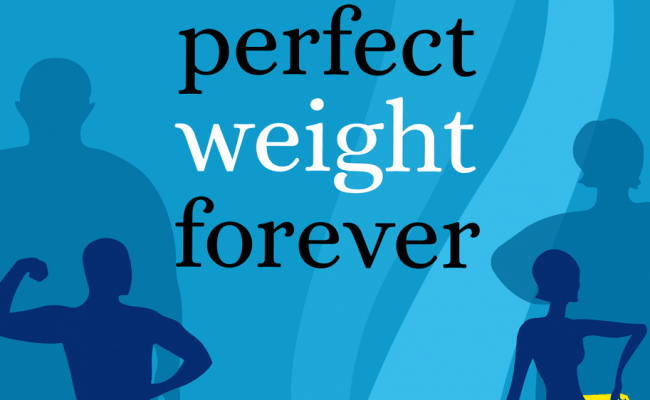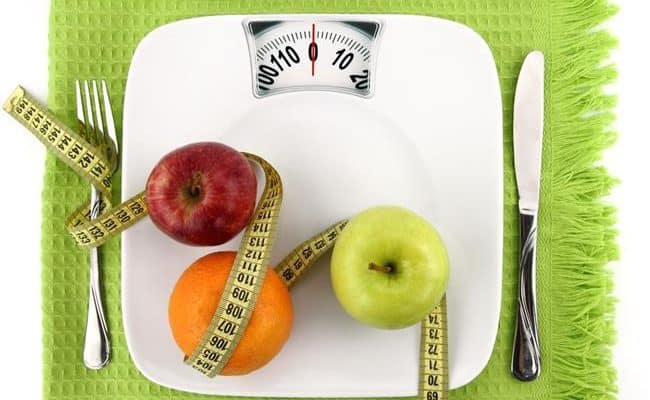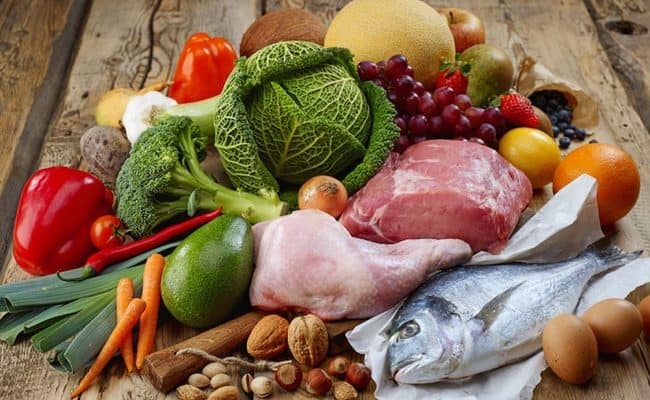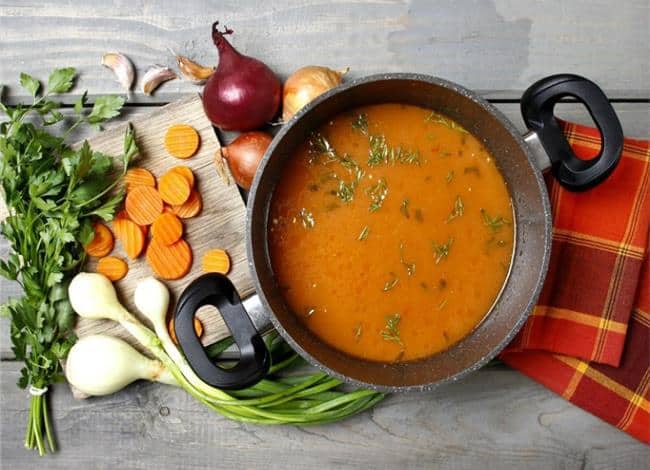
Many people start a different diet or weight loss effort the beginning of each year. Chances are many people may be switching to a vegan diet this year; according to some projections plant based and vegan eating will be one of the top trends this year and beyond.
Because of the increase in demand for plant based foods, vegan and vegetarian friendly dining options and packaged foods are becoming more in demand.
What does it take to follow a vegetarian diet?
Vegetarians do not eat animal flesh. Levels of commitment to eating no animal products can vary. For example:
- Pesco-vegetarians allow fish and seafood but no other animal meats.
- Lacto-vegetarians allow dairy, and ovo-vegetarians allow eggs. If someone is a vegetarian, they may eat any or a combination of seafood, eggs and dairy.
Someone who eats no animal by-products, including honey from bees, is called a vegan. This is the strictest sense of a vegetarian because they don’t eat any food items that contain animal based foods.
Following a vegetarian diet is often associated with health benefits of lowered risk for obesity, type 2 diabetes and hypertension.
However, just because you switch to a vegetarian/vegan diet doesn’t automatically mean weight loss will happen.
Portion sizes, moderation, variety and healthy food choices still need to be in place.
Health benefits with a vegetarian diet
According to several studies, vegetarian diet is associated with lower risk for hypertension, type 2 diabetes and obesity.
A 2016 study (1) analyzed data from over 4,000 people and concluded vegetarians had a 34% lower risk for hypertension.
Researchers found vegetarian diet to be protective for hypertension beyond abdominal weight.
Hypertension can increase risk for a heart attack or stroke, so lowering blood pressure is an important step for heart health.
This study suggests following a vegetarian diet may help lower or protect from hypertension.
A 2014 review (2) also found an association between vegetarian diet positively benefiting heart health.
Researchers looked at data from eight studies found there was a modest cardiovascular benefit from following a vegetarian diet, but there was no clear reduction in overall mortality.
Several observational studies have found lower incidence of type 2 diabetes in people following a vegetarian/vegan diet compared to people eating a standard diet.
Consuming processed meats has been shown to be a risk factor for type 2 diabetes, so since vegetarians do not eat processed meat that may be one part of why vegetarians have a lower incidence of type 2 diabetes.
Another reason why vegetarian/vegan diets may be protective against type 2 diabetes is vegetarian/vegans tend to have lower BMI compared to people who eat animal foods.
How do vegetarians lose weight?
An important consideration to note is simply switching to a vegetarian diet does not guarantee you will automatically start shedding fat mass.
Vegetarians lose weight by eating a nutrient dense diet, large volume of high water and fiber content foods and limiting intake of empty calories.
A healthy vegetarian diet should consist of a high consumption of fruits, vegetables, legumes, whole grains, nuts, seeds and heart healthy fats.
If you are following a liberalized vegetarian diet, it may also include eggs, dairy and/or seafood in moderation.
A diet that is considered vegetarian, or even vegan, can still consist of primarily junk food. For example, many candies and sweets can fall under vegetarian or vegan status.
This doesn’t mean they are good for a weight loss or overall healthy diet. Many processed snacks that are primarily refined carbohydrates can be considered vegetarian/vegan.
They should still be eaten in limited quantities and not make up a significant part of a vegetarian diet.
Vegetarians lose weight by primarily consuming many vegetables and plants, hence the name vegetarian.
Surprisingly, some vegetarians hardly eat any vegetables at all and eat mostly foods high in refined carbohydrates (i.e chips, crackers, French fries, etc.).
This type of diet is not considered healthy or weight loss friendly even though it is still considered vegetarian.
Vegetarians lose weight by eating a lower energy dense diet which may not happen if you eat a lot of fries, chips and sweets that are vegetarian/vegan.
Can you lose fat by going vegan?
A weight loss plan, whatever diet you are following, should include a high intake of fruits, vegetables, legumes while also eating lean proteins and heart healthy fats.
Vegan diets tend to be low in calories and high in fiber naturally if the majority of your foods are unprocessed plants.
A 2007 study (3) and a 2009 study (4) both found a vegan diet compared to a traditional low fat diet had significant more weight loss in research participants.
The 2009 study found the low fat vegan diet also provided improved blood glucose regulation and blood cholesterol levels.
These studies, and others, suggest following a vegan diet can support weight loss efforts.
However, following a vegan diet is not necessarily the only way to lose weight. A 2008 study (5) did not find significant difference in weight loss between a standard and vegetarian diet.
Studies have shown significant and sustained weight loss can happen with a variety of healthy eating patterns.
Following a vegetarian/vegan diet may help with weight loss, but the most important consideration is following a diet you will stick with and is a healthy, balanced diet.
No matter what “diet” you are following, limiting processed foods and added sugars is important for overall health.
If you start following a vegan diet, make sure you are incorporating a variety of nuts, seeds, legumes and whole grains in your diet to provide adequate protein.
Vegan diets are naturally very low in vitamin B12, so eating fortified foods or taking a B12 supplement is recommended.
Lastly, incorporating exercise into your lifestyle is an important component for health and weight loss. Just because you are following a vegan diet doesn’t mean you can cut out exercise.

